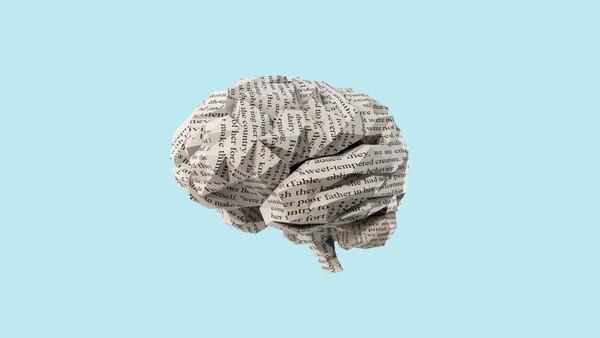Imagining the Future Is Just Another Form of Memory
Curated from: theatlantic.com
Ideas, facts & insights covering these topics:
7 ideas
·7.08K reads
6
Explore the World's Best Ideas
Join today and uncover 100+ curated journeys from 50+ topics. Unlock access to our mobile app with extensive features.
We use our memories to imagine the future
We predict what the future will look like by using our memories. This is how actions we do repeatedly become routine. For example, you have an ideas of what your day will look like at work tomorrow based on what your day was like today, and all the other days you’ve spent working.
But memory also helps people predict what it will be like to do things they haven’t done before.
293
1.04K reads
Past and future for amnesia patients
An evidence that memory and imagining the future might go hand in hand comes from research related to amnesia patients. Studies show that when they lose their pasts, it seems they lose their futures as well.
Functional MRI scans made possible for researchers to discover that many of the same brain structures are involved in both remembering and forecasting.
269
842 reads
Construction of mental scenes
You can remember facts and you can make entirely informational forecasts, but most of the time, when you recall something, you are reliving a scene from your memory.
You have a mental map of the space (you are able to hear, smell and taste elements and you are also capable of feeling the emotions you felt in that moment). Similarly, when you imagine something you might experience in the future, you are actually “pre-living” that scene.
266
726 reads
Close and distant scenarios
Just as memories are more accurate the more recent they are, imagined future scenes are more accurate the nearer in the future they are.
When we attempt to imagine the more distant future, we are inclined to rely massively o a cultural life script (i.e, in the West, the script would go like this: go to school, move out of your parents’ house, get one or more college degrees, find a job, fall in love, get married, buy a house, have kids, retire, have grandchildren, die.)
243
582 reads
Planning for the future: an evolutionary advantage
If you can plan for the future, you’re more likely to survive it. But there’s are limitations as well.
Your accumulated experiences and your cultural life script are the only building blocks you have to construct a vision of the future. This can make it hard to expect the unexpected, and it means people often expect the future to be more like the past, or the present, than it will be.
266
583 reads
The optimistic bias toward the future
There’s an extreme positivity bias toward the future: we think that future events are more important to our identity than the past events.
But we have to temper our expectations and keep in mind that no matter the degree in which we can dream up detailed scenes of things yet to come, these imagined futures are just our projections of our pasts. There most likely will be more suprises and even more disappointments than we have the willingness to predict.
279
641 reads
IDEAS CURATED BY
Preston 's ideas are part of this journey:
Learn more about personaldevelopment with this collection
How to find purpose and meaning in life
How to cultivate gratitude
Techniques for managing negative thoughts
Related collections
Similar ideas
Read & Learn
20x Faster
without
deepstash
with
deepstash
with
deepstash
Personalized microlearning
—
100+ Learning Journeys
—
Access to 200,000+ ideas
—
Access to the mobile app
—
Unlimited idea saving
—
—
Unlimited history
—
—
Unlimited listening to ideas
—
—
Downloading & offline access
—
—
Supercharge your mind with one idea per day
Enter your email and spend 1 minute every day to learn something new.
I agree to receive email updates

